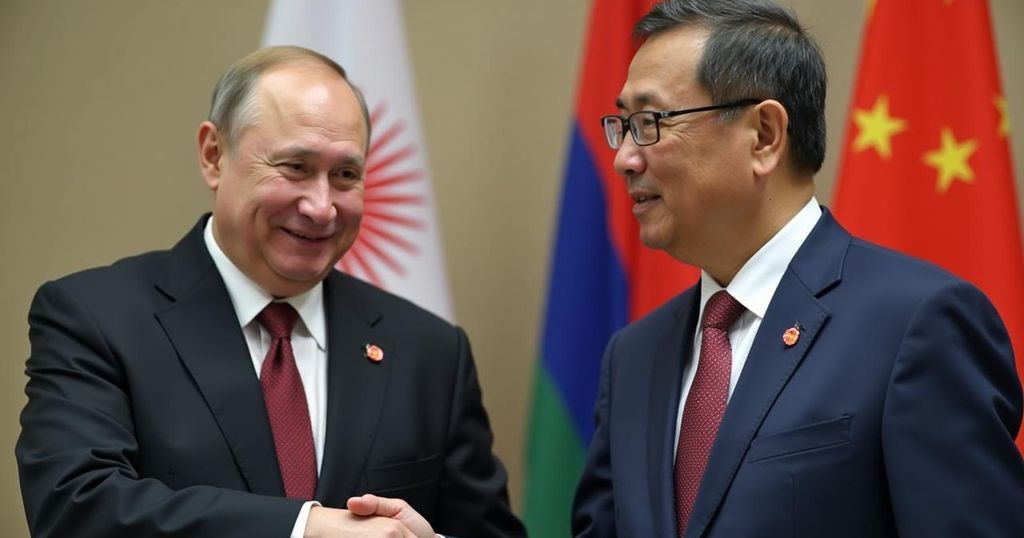Cagayan de Oro Rep. Rufus Rodriguez condemned Russia for obstructing an ASEAN statement regarding the South China Sea, emphasizing that external powers should not interfere in regional affairs. His comments reflect broader tensions amid geopolitical struggles influencing ASEAN’s stance on territorial issues.
Cagayan de Oro’s 2nd District Representative Rufus Rodriguez has criticized Russia for obstructing a draft statement proposed by the Association of Southeast Asian Nations (ASEAN) concerning the South China Sea. Rodriguez expressed that Russia has no right to intervene in the regional disputes, aligning with a report indicating that both Russia and China blocked an ASEAN statement aimed at fortifying the region’s stance toward establishing a code of conduct in the South China Sea. According to Rodriguez, the rationale behind Russia’s actions is rooted in self-interest, asserting that Russia’s obstruction is a gesture of appreciation towards China for its backing of Russia’s military activities in Ukraine. He stated, “Russia should not have blocked the ASEAN statement. Moscow has no business meddling in disputes in this part of our region.” This sentiment echoes concerns regarding the political maneuvers surrounding territorial conflicts in the South China Sea, notably driven by China’s claims and aggressive behaviors in the region. A United States official reported that the ASEAN final draft had been presented as a non-negotiable document, receiving support from the US, Japan, Australia, South Korea, and India. However, Russia and China opposed its progression, leading to further geopolitical tensions. Russian Foreign Minister Sergei Lavrov justified the blockade by claiming persistent attempts by the US and its allies to politicize the statement, indicating a complex interplay of international relationships affecting regional stability. Tensions in the South China Sea have intensified recently, largely due to confrontations involving Chinese military vessels and Philippine forces. Philippine officials, including President Ferdinand “Bongbong” Marcos Jr., have condemned such aggressive actions, labeling them illegal. Recently, during a regional summit, President Marcos confronted Chinese Premier Li Qiang over these issues, asserting the inseparability of economic cooperation and political security in the region.
The South China Sea has long been a contentious area due to overlapping territorial claims, primarily between China and several Southeast Asian countries, including the Philippines. These tensions escalated when incidents involving Chinese military harassment of Philippine vessels occurred. The ASEAN organization’s attempts to unify its stance on the maritime disputes are often complicated by external influences from major powers like the United States, Russia, and China, each with strategic interests in the region. Such dynamics signal the intricate balance of power and the urgent need for diplomatic dialogue to safeguard regional stability and cooperation.
In summary, Representative Rufus Rodriguez’s criticism of Russia emphasizes the inappropriate influence that external powers can exert on Southeast Asian matters, particularly regarding territorial disputes in the South China Sea. His assertions reflect a wider concern shared by many regional stakeholders who seek to uphold the principles of self-determination and respect for national sovereignty within ASEAN frameworks. The blocking of the consensus statement by Russia and China highlights the complexities of international relations impacting regional security and cooperation, underscoring the necessity for unified ASEAN responses to external interference.
Original Source: www.inquirer.net







